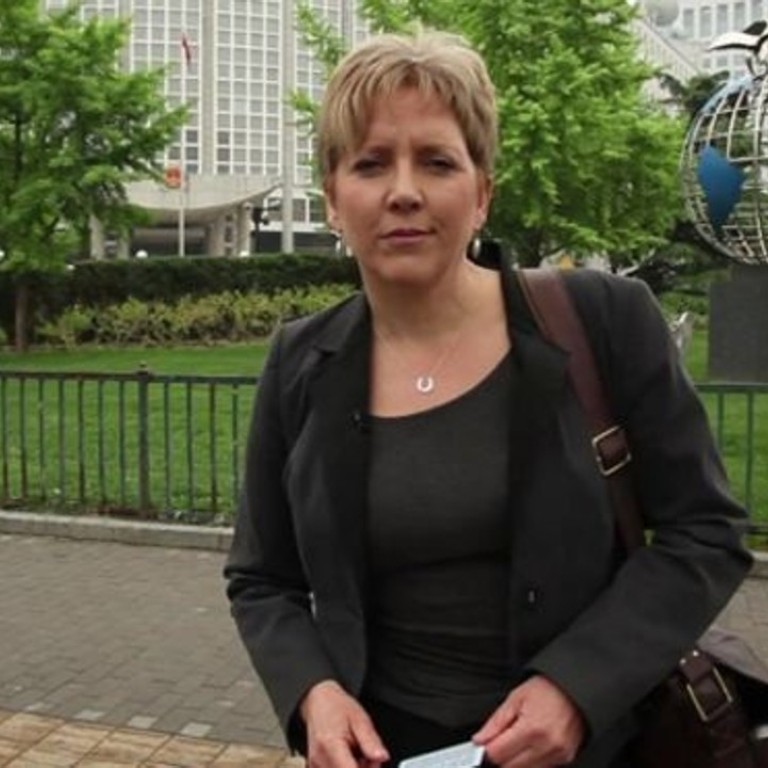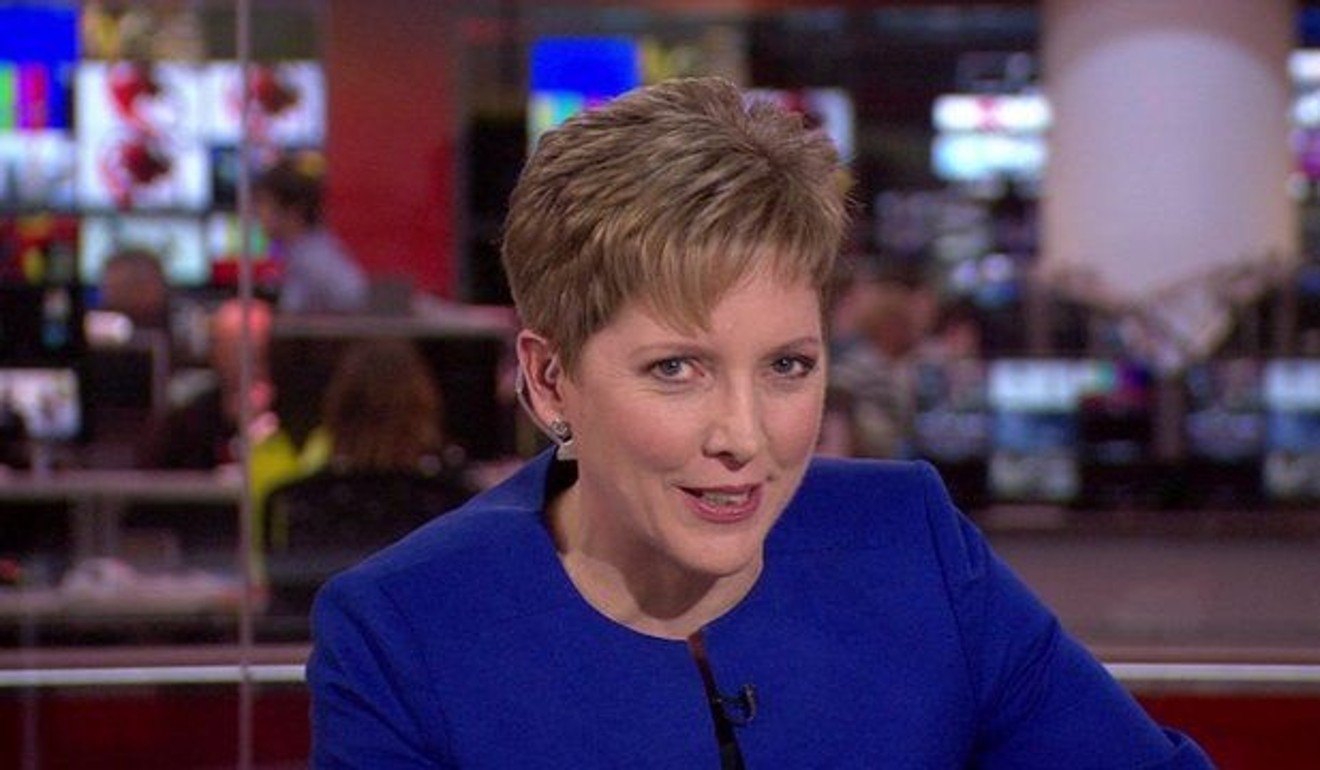
BBC’s China editor Carrie Gracie resigns in protest over ‘illegal’ gender pay gap
‘The BBC must admit the problem, apologise and set in place an equal, fair and transparent pay structure’
One of the most senior journalists at the BBC has resigned from her post as China editor because of the gender pay gap at the corporation, accusing it of a “secretive and illegal” pay culture.
In a significant escalation of the pay row at the BBC, Carrie Gracie said she was resigning from her position while accusing the corporation of breaking equality laws and saying she did not trust management to deal with the problem.
Gracie said there was a “crisis of trust” at the BBC and that it was “not living up to its stated values of trust, honesty and accountability”.

The BBC belongs to you, the licence fee payer. I believe you have a right to know that it is breaking equality law and resisting pressure for a fair and transparent pay structure
The gender pay row at the BBC erupted last summer when it published a list of its top-earning on-air stars which revealed that just a third were women and the top seven were all men. This led to more than 40 of its highest-profile female presenters, including Clare Balding, Fiona Bruce and Emily Maitlis, to publicly call for change through a letter to director-general Tony Hall.
The furore aprompted the BBC to review its pay structure, with the corporation finding that men are being paid 9.3 per cent more than women at the broadcaster on average and that nearly 500 employees may be getting paid less than colleagues in a similar role simply because of their gender. However, senior women at the BBC, including Jane Garvey, the presenter of Women’s Hour on Radio 4, openly questioned the validity of the report.
In an open letter to BBC licence fee payers, which was first reported by BuzzFeed, Gracie criticised the broadcaster for the gender pay gap and its efforts to eradicate it.
“The BBC belongs to you, the licence fee payer. I believe you have a right to know that it is breaking equality law and resisting pressure for a fair and transparent pay structure,” she said.
“On pay, the BBC is not living up to its stated values of trust, honesty and accountability.
“Salary disclosures the BBC was forced to make six months ago revealed not only unacceptably high pay for top presenters and managers but also an indefensible pay gap between men and women doing equal work.
“These revelations damaged the trust of BBC staff. For the first time, women saw hard evidence of what they’d long suspected, that they are not being valued equally.
“Many have since sought pay equality through internal negotiation but managers still deny there is a problem. This bunker mentality is likely to end in a disastrous legal defeat for the BBC and an exodus of female talent at every level.”
Gracie said that over the last four years the BBC has had four international editors – two men and two women – and the men earned at last 50 per cent more than the women. She said the BBC had offered a pay rise but this was “far short” of equality with her male peers and the broadcaster had failed to justify the difference.
“The BBC must admit the problem, apologise and set in place an equal, fair and transparent pay structure,” she said.
“To avoid wasting your licence fee on an unwinnable court fight against female staff, the BBC should immediately agree to independent arbitration to settle individual cases.
“Patience and good will are running out. In the six months since July’s revelations, the BBC has attempted a botched solution based on divide and rule. It has offered some women pay ‘revisions’ which do not guarantee equality, while locking down other women in a protracted complaints process.”
In response, a BBC spokesperson said: “Fairness in pay is vital. A significant number of organisations have now published their gender pay figures showing that we are performing considerably better than many and are well below the national average.
“Alongside that, we have already conducted a independent judge led audit of pay for rank and file staff which showed ‘no systemic discrimination against women’.
“A separate report for on-air staff will be published in the not too distant future.”

